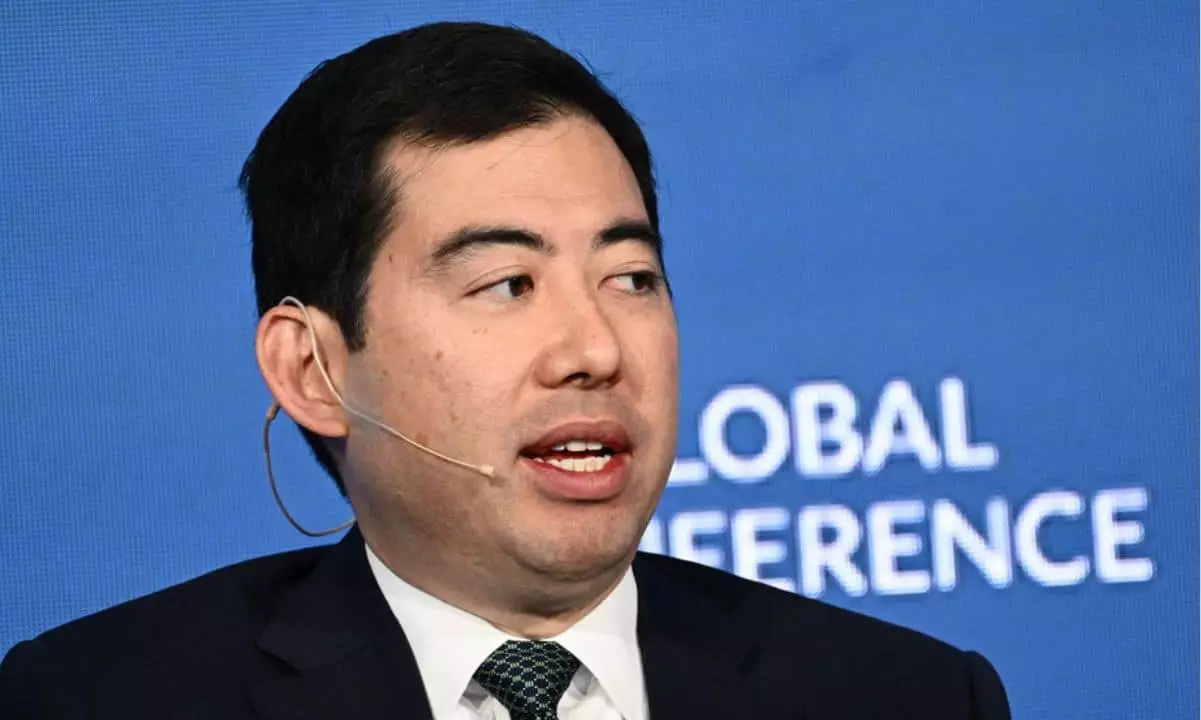Recent developments within the U.S. Securities and Exchange Commission (SEC) indicate a potential shift in the regulatory landscape surrounding cryptocurrencies. Mark Uyeda, a Republican commissioner, has voiced the need for the SEC to rethink its aggressive enforcement tactics that have characterized its approach over the past few years. He has emphasized the necessity of refraining from enforcing regulations against cryptocurrency firms unless there is clear evidence of fraud or harm. This perspective aligns closely with the sentiments echoing from the anticipated administration of President-elect Donald Trump, who has pledged to adopt a less stringent stance towards the burgeoning digital asset market.
Since 2020, the SEC has initiated over one hundred enforcement actions targeting various activities in the crypto sector. While several of these cases highlighted serious allegations such as fraud and money laundering—most notably the case against former FTX CEO Sam Bankman-Fried—many others were initiated for more innocuous reasons, primarily the failure to register certain crypto-related activities. High-profile cases against companies like Coinbase, Ripple, and Kraken have underscored a tumultuous relationship between the SEC and cryptocurrency establishments. The narrative has been fueled by SEC Chair Gary Gensler’s assertion that the majority of crypto tokens fall under the agency’s securities jurisdiction, a stance that many industry experts contest.
With the looming possibility of a leadership change at the SEC, experts speculate that a new chairperson could potentially revise or even dismiss pending cases that do not revolve around fraudulent activity. This shift could pave the way for a more lenient regulatory environment, examining existing precedents and clearing the path for new understanding and collaboration between regulators and the crypto industry. The crisis of confidence in regulatory clarity has gained traction not only from industry leaders but also from within the SEC itself, with commissioners like Uyeda and Hester Peirce advocating for clearer regulations that reflect the true nature of the rapidly evolving digital asset space.
The current regulatory climate has drawn harsh criticism from the cryptocurrency sector, with Ripple CEO Brad Garlinghouse characterizing Gensler’s tenure as a “reign of terror.” The consensus among various stakeholders—including legal experts and congressional members—is that consistent regulatory frameworks are essential for healthy market growth. A significant overhaul of the SEC’s approach could encourage innovation and investment in the crypto space while also ensuring consumer protection through reasonable oversight. The implications of such changes could not only redefine the operational frameworks within which crypto firms function but also restore faith in regulatory bodies as partners rather than adversaries.
In summation, as discussions about the SEC’s direction emerge on the national stage, the interplay between the regulatory framework and the dynamic nature of cryptocurrencies stands to become a defining element of future U.S. economic policy. Whether or not Uyeda or similar figures take leadership roles, the call for transparency and balance in regulation resonates with a pressing need for a more forward-thinking approach to cryptocurrency oversight.
















Leave a Reply